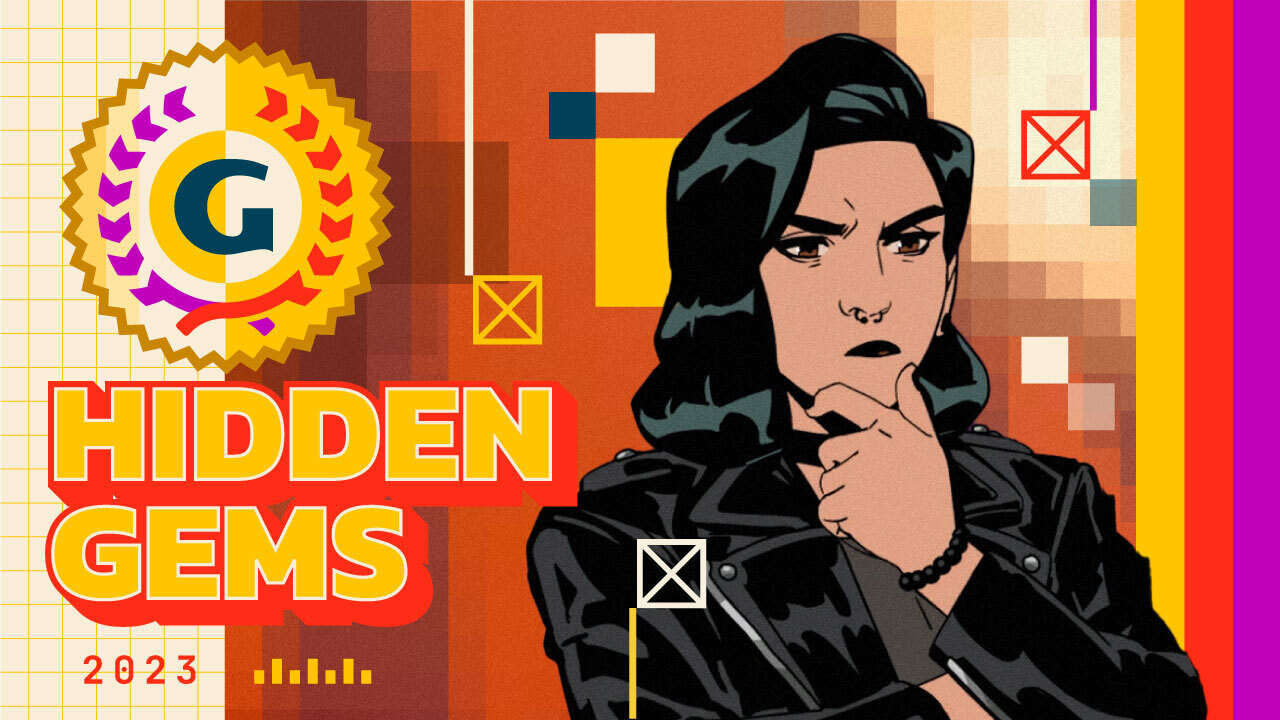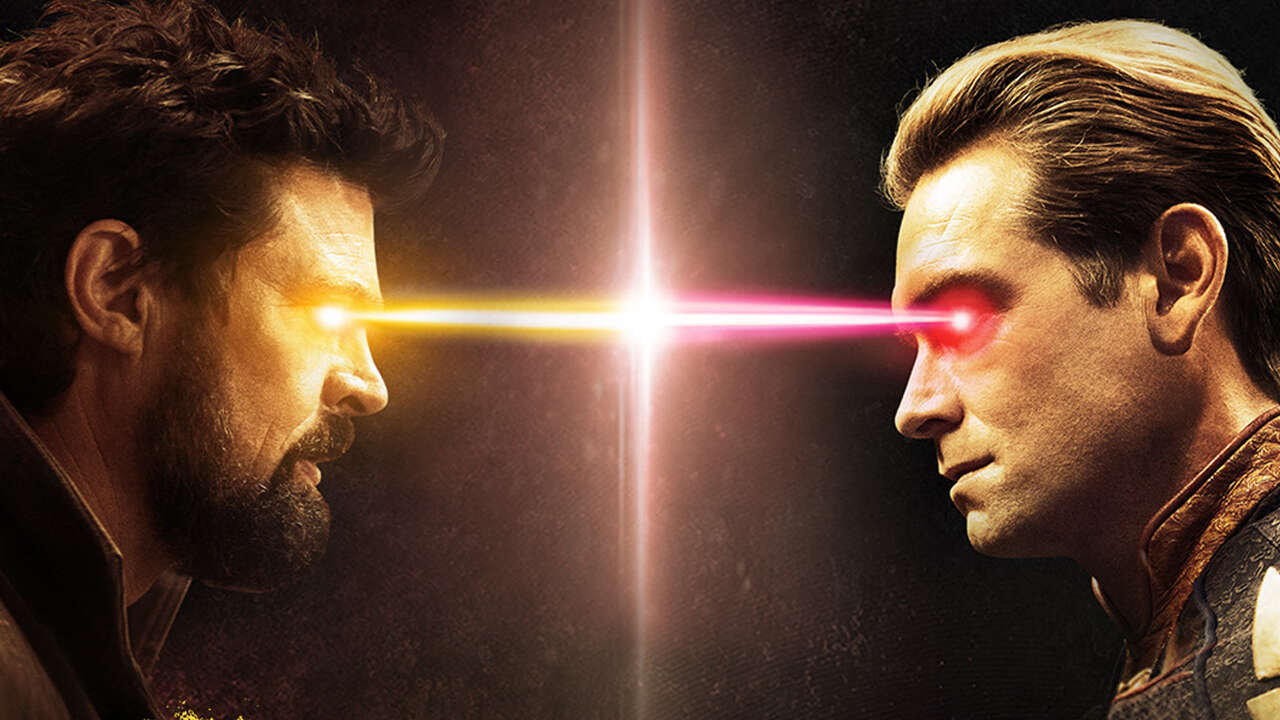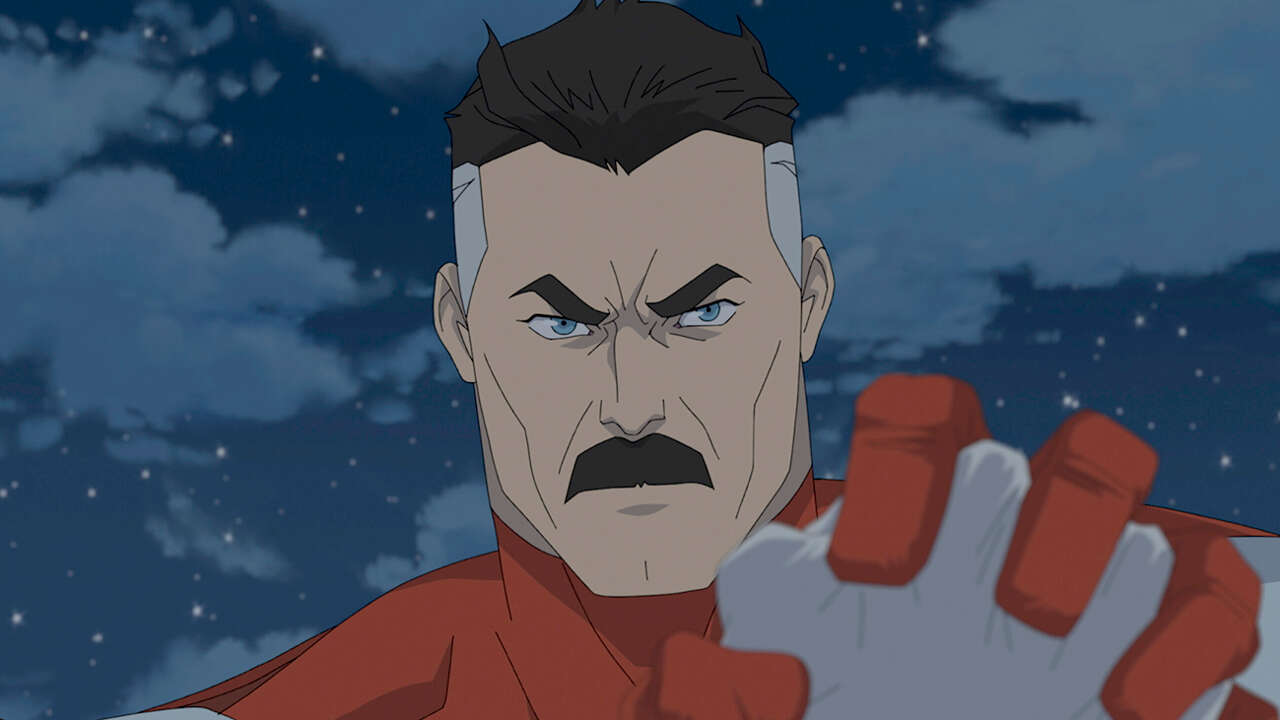Like a Dragon: Infinite Wealth’s Layoff Storyline Feels ‘Too Soon’
Gaming has had its fair share of moments when a new title would ostensibly be released at just the right time. The most recent example is Animal Crossing: New Horizons dropping in 2020 when the world needed a means to safely connect during the first year of the COVID-19 pandemic. And in 2024, for me — and maybe a lot of gamers out there — another of these games could be Like A Dragon: Infinite Wealth.
When I first booted up the newest Yakuza game from Ryu Ga Gotoko, I planned on experiencing a new adventure starring plucky protagonist, Ichiban Kasuga, dramatically imagining his foes as larger-than-life RPG archetypes while its stalwart hero, Kazuma Kiryu, serenades his companions with hours of karaoke, all while I inevitably ignore the main story. What I wasn’t anticipating was for the developers to hit so close to home in its opening moments with the game industry’s worst trend: layoffs.
Spoilers for the opening hour of Like a Dragon: Infinite Wealth below.
At the onset of Infinite Wealth, it’s revealed that Ichiban’s no longer living constantly on the back foot because he finally has a job at a company called Hello Works. Hello Works, which was first introduced in Yakuza: Like A Dragon, is an employment office in Ijincho that Ichiban and his pal Yu Nanba utilized to gain employment when they were homeless. Gameplay-wise, Hello Work was also cleverly used to explain how each party member would earn and level up job skills with Yakuza’s new turn-based Dragon Quest-inspired battle system.
It’s also revealed that Ichiban is utilizing his position at Hello Work to assist former yakuza members fill out their resumes and applying for civilian jobs after the sudden dissolution of the Tojo clan at the tail-end of the previous game.
For Ichiban, he sees it as giving back and paying it forward to his Yakuza boss and deceased father, Masumi Arakawa, who wanted the Yakuza’s dissolution to allow his subordinates to make an honest living outside of Japan’s criminal underworld. If I recall, I wrote in my review notes “He just like me for real” because of how much I sympathized with how Iciban’s outlook mirrored my own when I broke into the industry intending to implement Solutions Journalism in the space when addressing the doom and gloom that hangs over reading and working in the games industry.
All that to say, life for Ichiban was on the upswing. Folks on the street greet him as the hero of Yokohama, his employees respect his earnest efforts to improve at his job, and his yakuza clients are appreciative of his ability to apply their unorthodox skills into the labor force. The next day Ichiban shows up to work, he’s been laid off just like I was.
After only two years and two months of writing gaming news and reviews, interviewing voice actors I could only dream of meeting, and covering big anime events, I was suddenly laid off from Kotaku last November. I’d be lying if I said the waves of petrifying despair don’t routinely lap me under its undertow. Being laid off broke me in ways I’m still trying to find ways to fix.
While it’s become uncomfortably commonplace to hear about mass layoffs at media companies, this short-sighted trend has recently reared its ugly head into games, tech, and beyond. As of the time of publication, the gaming industry has seen roughly 5,932 layoffs. These layoffs include companies like Microsoft, Riot Games, Behavior Interactive, Unity, and Twitch to name a few. Whereas Ichiban later uncovers the cruel reason behind his unemployment, folks in the real world are rarely offered that luxury. At best, people are told, “Good luck on your future endeavors” in an exit interview. At worst, they wake up in a cold sweat to the news on social media. Either way, layoffs suck.
The only bit of solace I had at the time was the fact that I’d soon be able to enjoy some time with Ichiban Kasuga and Kazuma Kiryu while reviewing Like A Dragon: Infinite Wealth. But now one of its heroes, who saw so much promise in a job he loved, was in the same place I am.
Unlike my layoff experience—which was so abrupt I had little opportunity to exchange goodbyes with my coworkers— Ichiban received ample time for solemn farewells with his coworkers. Those farewells twinged with the same uncomfortable weight of well-meaning platitudes about things turning around for the better when he inevitably finds new work. Throughout it all, Ichiban braves a grateful smiling face thanking his former coworkers. But once Ichiban is given a moment alone outside of his office building, he breaks down. “Everything’s right back to how it used to be,” he says to himself.
But Infinite Wealth had one more kicker for me when the next text prompt appeared:
Kasusga’s job has changed from Hello Worker to Freelancer.
Immediately following this new job change, Infinite Wealth effectively reveals the return of theTreasure Hunting mechanic from Yakuza: Like A Dragon which requires you to scour for scraps of money and items from underneath vending machines, trash cans, and cars to pawn off for a quick buck. To add further insult to injury, the game tells me I can Treasure Hunt if I’m “down and out and unconcerned by the haughty stares of onlookers.” If you’ve never had the misfortune of job hunting, Infinite Wealth’s Treasure Hunt mechanic is basically what it’s like pitching media outlets.
Ichiban’s job status as a Freelancer is further underscored by the fact that the price tag of well-sought-after weapons and support items in Infinite Wealth are more exorbitant than they’ve ever been in previous titles, with RGG Studios possibly making a commentary on our inflation-addled times. Oftentimes, Ichiban feels he has to debase himself by asking Kiryu Kazuma to loan him some cash to progress the main story forward. To bridge the wage gap Ichiban and his party find themselves in, you are incentivized to do a series of gig jobs in Hawaii like being a courier for an Uber Eats stand-in or collecting trash on the beach to earn enough scratch to afford weapons he worked so hard to have access to in the previous game.
Throughout Infinite Wealth, the game touches on feelings of guilt and the hope of second chances brought about by uncontrollable circumstances. Themes that hit particularly hard considering the waves of layoffs facing the gaming industry, tech, the media that covers it, and beyond.
The throughline of Infinite Wealth’s sprawling story centers on what happens to disenfranchised workers (yakuza, in this case) who struggle to find civilian jobs for prolonged periods. To make ends meet, some workers feel beholden to take any job that’ll hire them, even if their employment is jumping from one boiling pot into the next.
Much like how Animal Crossing: New Horizons release served players during the COVID-19 pandemic lockdown, it’s amusing encountering storylines in games like Infinite Wealth at the moment it resonates with you the most. Although I doubt I’ll ever come to grips with being laid off as quickly as Ichiban did over his workation in Honolulu; witnessing him rise above outlandish odds while championing his comrades—Kiryu included—when they were on the brink of giving up on themselves inspired me to keep fighting for my dreams. Hopefully, folks going through similar hardships while playing Infinite Wealth can find inspiration from Ichiban’s indomitable spirit as well.
Isaiah Colbert is a freelance writer for IGN. You can follow them on Twitter @ShinEyeZehUhh.
Check out our Latest News and Follow us at Facebook
Original Source







